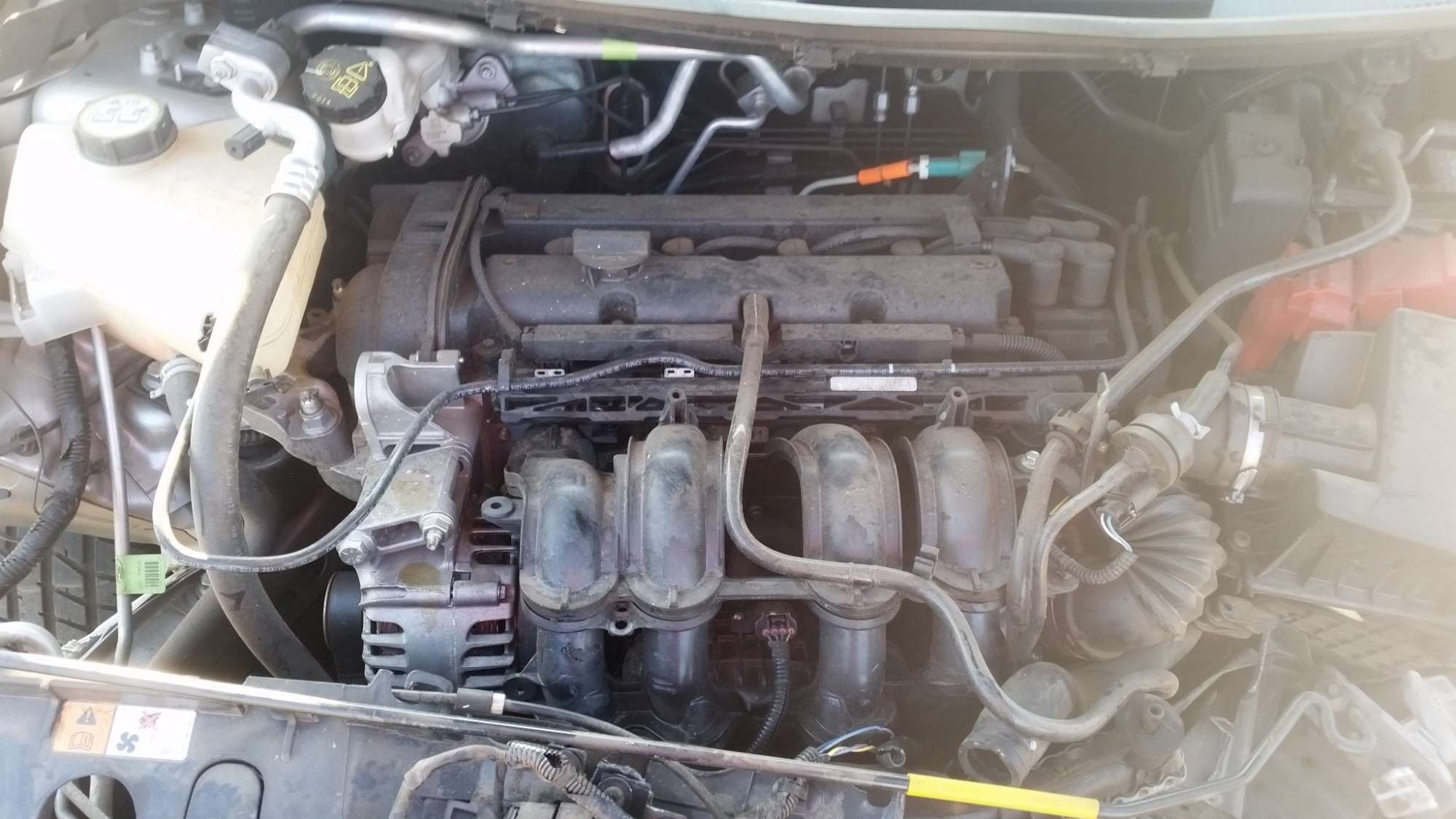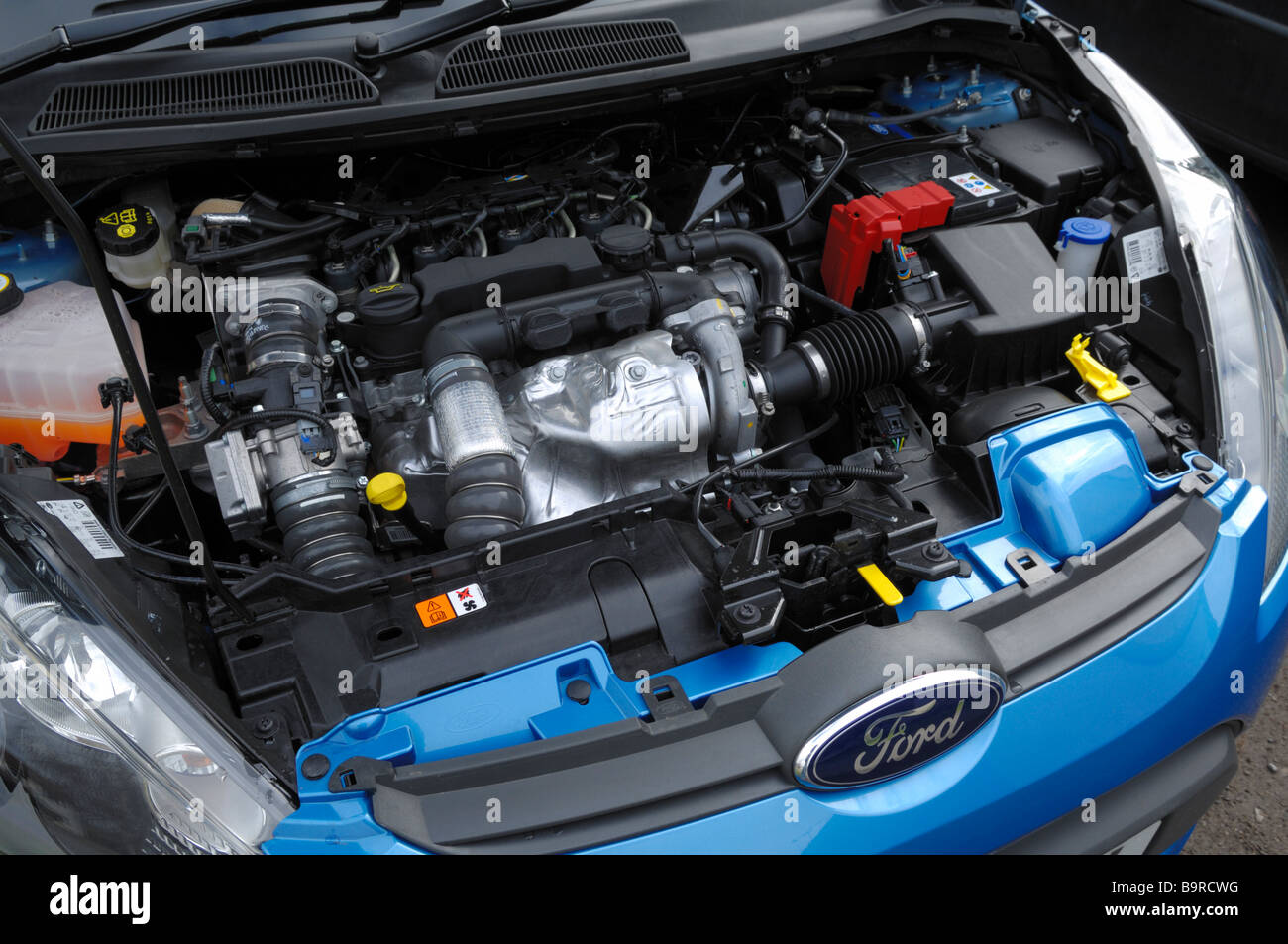Unlocking the Power of Engines: A Comprehensive Overview to Performance and Performance
Recognizing the elaborate mechanics of engines is vital for both efficiency enthusiasts and day-to-day chauffeurs. The responses might redefine our strategy to engine efficiency and effectiveness in means that are both enlightening and important.
Understanding Engine Basics
What comprises the fundamental mechanics of an engine? At its core, an engine is an equipment created to transform fuel into mechanical energy with a series of regulated explosions or combustion processes.
The crankshaft after that changes this direct movement right into rotational power, which ultimately powers the vehicle. The camshaft controls the opening and closing of the valves, managing the consumption of air and fuel and the expulsion of exhaust gases. Furthermore, the engine relies upon a thoroughly calibrated fuel-air combination, ignition system, and cooling down system to guarantee ideal efficiency and efficiency.
Recognizing engine fundamentals additionally includes identifying the value of engine cycles, such as the four-stroke cycle, which consists of intake, exhaust, power, and compression strokes. Each stage is crucial in making certain the engine works efficiently and efficiently. Proficiency of these fundamental auto mechanics prepares for checking out much more intricate engine dynamics and performance metrics, crucial for enhancing both power result and performance.
Key Efficiency Metrics
Secret efficiency metrics are vital for examining an engine's efficiency and power outcome, giving valuable insights for both makers and customers. These metrics act as standards for engine efficiency, allowing for notified choices in manufacturing, layout, and investing in.
Among the key metrics is horsepower, which measures the engine's capability to do job over time. Torque, determined in pound-feet, is an additional vital statistics that shows the engine's rotational pressure, straight impacting velocity and towing capability. Fuel effectiveness, usually determined in miles per gallon (MPG) or liters per 100 kilometers (L/100km), examines how properly the engine transforms fuel into motion, affecting functional expenses and environmental considerations.
In addition, thermal effectiveness steps how well an engine converts gas power into helpful work, disclosing understandings into power losses primarily with heat. Exhaust degrees, including CO2 and NOx, are also vital, showing the engine's environmental influence and compliance with regulatory requirements.

Tuning Techniques for Performance
Tuning techniques play a significant function in improving engine effectiveness by enhancing efficiency metrics determined in earlier discussions (ford fiesta engine). Different techniques exist to adjust an engine, each adding to boosted gas economic climate and lowered exhausts
One reliable method is changing the air-fuel ratio, making sure the engine runs within the optimum burning regimen. A leaner blend can improve fuel efficiency, yet it has to be stabilized to stop misfires or engine knock. In addition, reprogramming the engine administration system can alter specifications such as ignition timing, which additionally enhances efficiency while maintaining power output.
Another essential technique entails customizing the consumption and exhaust systems. Updating to high-performance air filters and exhaust headers can lower back stress, assisting in much better air flow. This permits the engine to take a breath even more easily, resulting in enhanced combustion performance.
Moreover, the implementation of innovative adjusting tools, like dyno testing, offers specific data that enables targeted changes. Frequently keeping an eye on these performance metrics ensures that tuning efforts generate the desired performance results. Jointly, these methods not just reinforce engine efficiency however also add to long-lasting sustainability in engine procedures.
Maintenance for Optimum Performance
Routine engine maintenance is crucial for attaining ideal efficiency and longevity. A well-kept engine not only operates successfully but additionally reduces the threat of costly repair services and breakdowns. Trick elements requiring routine interest consist of oil, filters, belts, and spark plugs.
Altering the engine oil at suggested intervals is essential, as oil lubricates moving components and prevents overheating. Replacing oil and air filters guarantees that impurities do not impair engine feature. Ignoring these components can result in minimized performance and potential engine damage.
In addition, checking and changing used belts and tubes is vital to avoid sudden failures. Timing belts, particularly, ought to be changed according to the maker's timetable to avoid disastrous engine damages.
Ignition system must additionally be checked and changed as essential, because they play a critical duty in ignition and gas performance.
Future Fads in Engine Modern Technology
Accepting innovations in modern technology, the future of engine layout is positioned to transform performance and efficiency across numerous applications. Among the most significant trends is the change towards electrification. Crossbreed and totally electrical powertrains are ending up being progressively mainstream, offering lowered exhausts and boosted gas effectiveness. This transition is not merely a requirement however a trend driven by governing stress and consumer need for sustainable services.
Moreover, advancements in materials scientific research are resulting in lighter, more powerful components that improve engine performance while reducing power consumption. Advanced production techniques, such as 3D printing, enable the creation of complicated geometries that improve air movement and learn the facts here now thermal management, therefore optimizing combustion Bonuses procedures.
Additionally, the combination of fabricated intelligence and equipment knowing is established to change engine diagnostics and performance tuning. These technologies can assess large quantities of information in actual time, enabling anticipating maintenance and tailored efficiency improvements.
Conclusion
In final thought, unlocking the power of engines calls for a comprehensive understanding of their auto mechanics and performance metrics. Executing effective tuning strategies and sticking to normal maintenance techniques dramatically enhance engine capacities.
In addition, the engine relies on a thoroughly adjusted fuel-air blend, ignition system, and cooling system to ensure optimal performance and efficiency.
Recognizing engine essentials likewise entails identifying the relevance of engine cycles, such as the four-stroke cycle, which includes consumption, exhaust, compression, and power strokes. Mastery of these basic auto mechanics lays the foundation for exploring extra complicated engine characteristics and performance metrics, crucial for enhancing both power result and effectiveness.

Accepting improvements in innovation, the future of engine style is poised to change efficiency and performance throughout different applications.